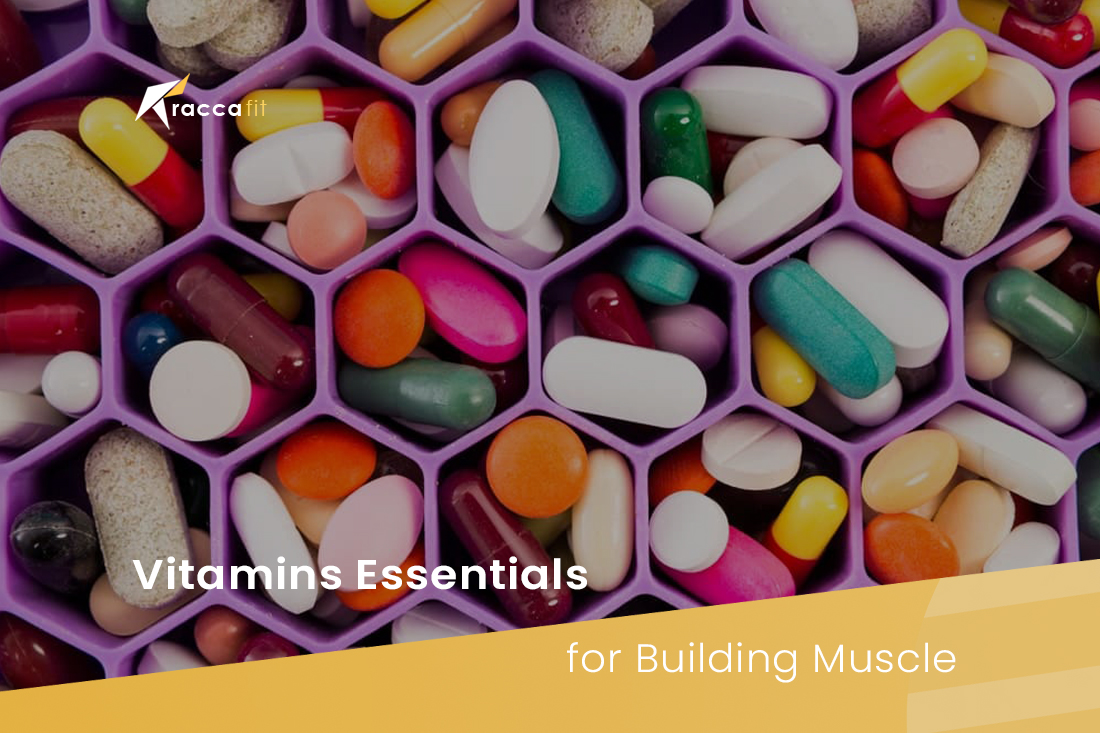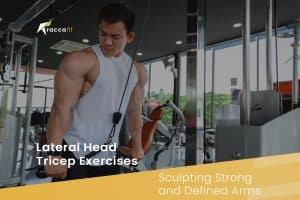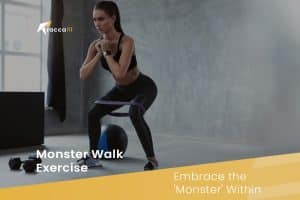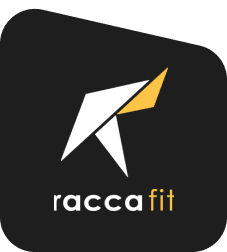Have you ever worked hard at the gym to gain muscle? This is a great first step in your fitness journey, but it also focuses on muscle recovery and giving your body the supplements and vitamins it needs to keep improving. Getting exercise right definitely contributes to your overall health and well-being.
Vitamin, nutrition and muscle gain
All of the world’s most famous bodybuilders agree that bodybuilding isn’t just for the gym. It happens in the kitchen too. And for this he has two reasons.
First, your body needs supplements to function optimally. you can’t. Ideally, we would get all the nutrients we need from our diet, but unfortunately for most people, this is not the case. More than 70% of the typical American diet consists of processed foods. It is getting harder and harder to get what you need from your diet. According to the Centers for Disease Control & Prevention, “Most people are deficient in vitamin B6, iron and vitamin D.” Learn more about what your body needs here.
If you’re an athlete or a gym-goer who works hard to reach your fitness goals, you have specific nutritional and dietary needs – and that’s where supplements and nutrition come in. requires large amounts of protein, fat, and carbohydrates, and these macronutrients help the body properly recover and repair, promoting lean muscle growth. In addition to macronutrients, your body also needs micronutrients such as vitamins, minerals and antioxidants to perform at its best. We can help you to build a workout plan tailored to your goals, preferences, schedule, and available equipment in this page.
The role of vitamin in muscle gain
Bodybuilders and other athletes spend hours in the gym. Competitors follow a strict diet to get leaner and leaner. It’s important not to let your calorie intake go too low. This is because it can actually hinder muscle building. Sports nutrition can help in these areas by allowing you to consume large amounts of protein to increase muscle mass and support weight loss.
In fact, a study published in the American Journal of Physiology, Endocrinology and Metabolism found that a bodybuilder who ate 20 grams of protein (in this case, whey) before and after a workout had the amino acid levels needed to build muscle. found to have increased.
But that’s not all:
Vitamins and minerals should also be part of your muscle building program. Deficiency can affect the body in many ways, and it doesn’t help when it comes to achieving the benefits you want. In short, protein alone isn’t enough!
Many vitamins help fight inflammation, support stress levels, and promote immune system health. They also help support hypertrophy, or muscle growth. important for travel to Overdosing or improper use of supplements can be dangerous, so always consult your doctor. Here we can provide you with a plan customized to meet your exact nutritional needs, keep an eye for any food allergies, and create a meal plan no matter the dietary requirement.
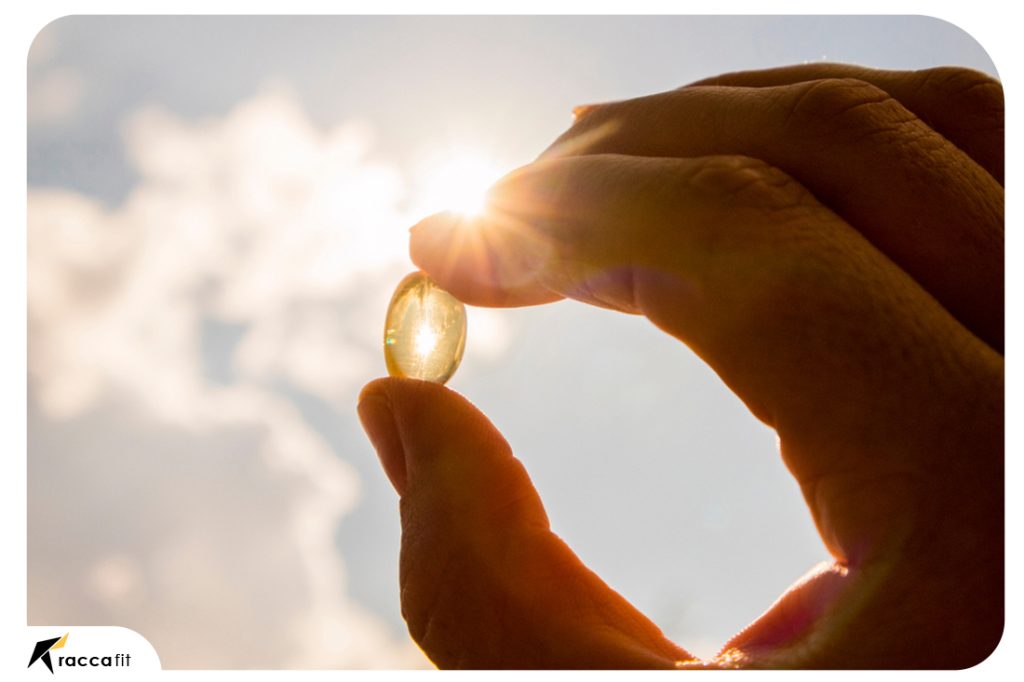
D Vitamins
Vitamin D has been nicknamed the “sunshine vitamin” because it is obtained from sunlight. Vitamins help maintain healthy bones and support protein synthesis necessary to stay healthy and strong. Vitamin D also helps promote nutrient absorption, mood balance and insulin. And it can hit especially hard as we get older. Get your vitamin D supplement here. It can be difficult to get enough vitamin D through diet alone, but eating plenty of oily fish (such as tuna, mackerel, and salmon), soy milk, beef liver, egg yolks, and cheese can help boost levels of this important vitamin. can be kept high.
It is recommended to take vitamin D3 along with vitamin K2 which is a key combination. According to Healthline, vitamin D enables calcium absorption and vitamin K regulates bone formation accordingly. A lack of vitamin K causes calcium to build up in the arteries instead of the bones, causing heart disease.
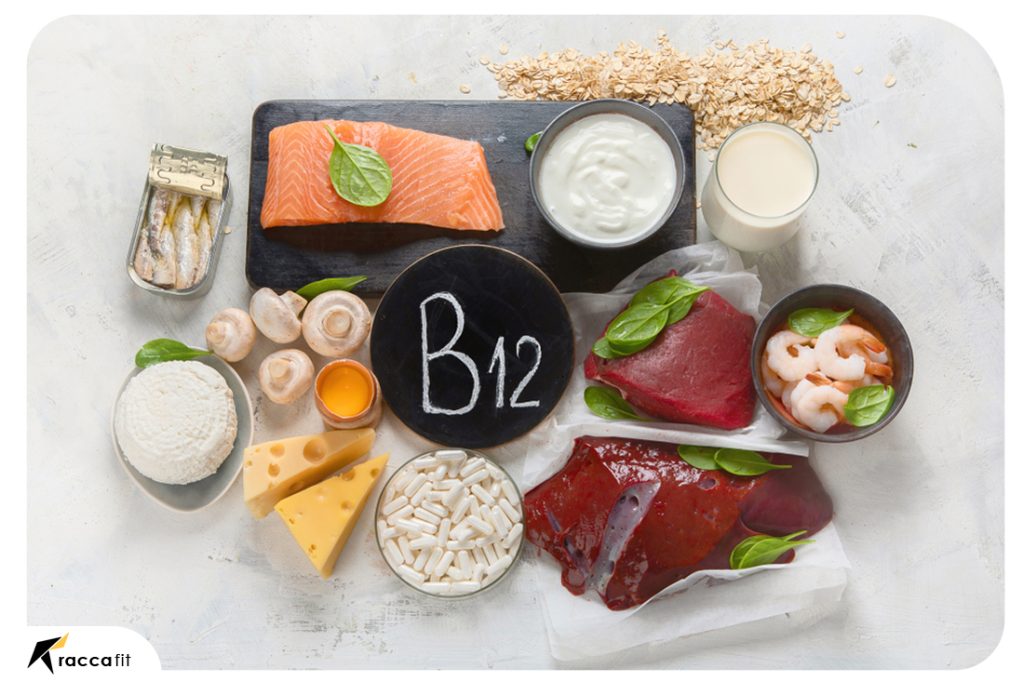
B Vitamins
Vitamin B12 helps make red blood cells, which are responsible for delivering oxygen to your muscles. With this action, B12 plays an important role in muscle growth. It is found in most foods you eat, including fish, dairy, and poultry. A word of warning:
Vegans and vegetarians are at higher risk of deficiency, so eat plant-based milk, soybeans and soybeans, and fortified grains. In addition, you should consider taking vitamin B12 supplements. Vitamin B3 (also known as niacin) supports muscle growth and ensures better pumps. This is why many bodybuilders and fitness models take this nutrient before a photo shoot. It also helps metabolize glucose, increase good cholesterol (while limiting bad cholesterol), and support healthy hormone production. Because this food is found in bananas, eggs, seeds, meat and fish, Easy to get.
Do you see a trend here? B vitamins play a powerful role when it comes to bodybuilding and muscle repair. Adequate intake of this vitamin is essential as it can promote red blood cell production and healthy levels of nitric oxide (produced naturally in the body and can support performance and endurance). To incorporate into your diet, consider adding fish (especially oily fish such as albacore tuna and salmon), chickpeas, and bananas.
Vitamin E
Vitamin E is known for its skin-friendly properties, but it’s not just for your skin. Vitamin E slows the aging process and scavenges free radicals (pollutants or toxins that can harm your health and cause chronic disease). Not only does it help you, but it also helps flush out metabolic waste.
Vitamin A
This vitamin is unique in that it supports protein synthesis and glycogen formation. It also helps our eyes, fights free radicals, and supports healthy and strong bones. However, vitamin A problems can be deficient due to many environmental factors, such as alcohol, illness (such as diabetes), and a low-fat diet. Simple ways to get vitamin A include eating eggs, fatty fish (see a trend here? Oily fish is good for you!), and carrots.
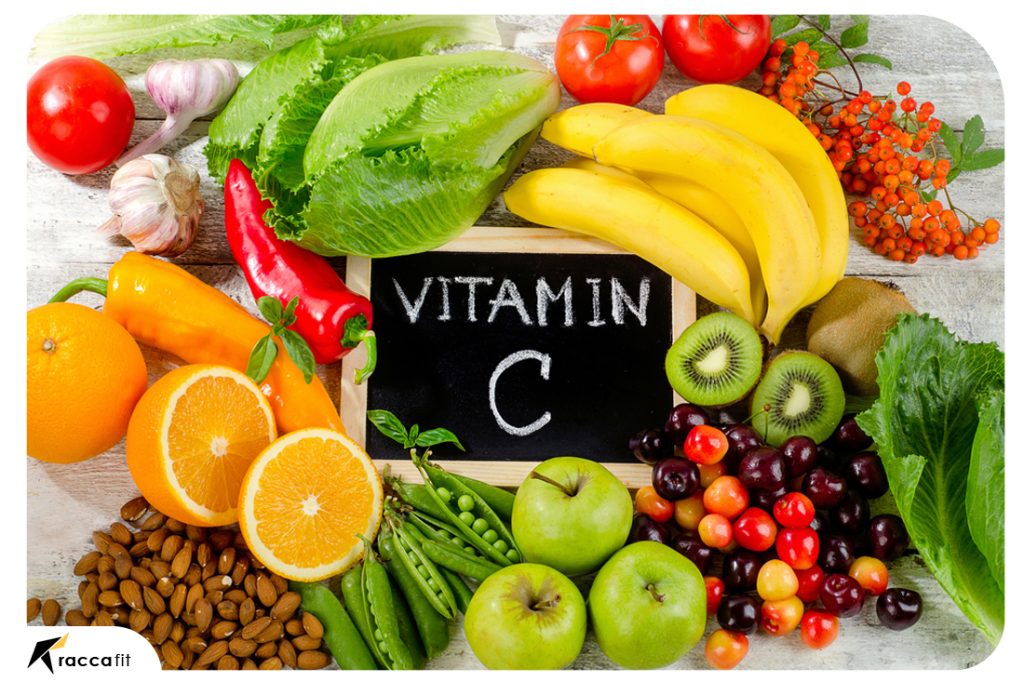
Vitamin C
This is probably the only vitamin you know of. Most of us have been taking it since childhood at the request of our mothers! Most people use vitamin C to boost immune function and boost antioxidant levels. It also helps repair damaged tissue. It is abundant in delicious foods such as tomatoes, citrus fruits (such as oranges), and leafy greens.
Conclusion
In the pursuit of muscle gain, a comprehensive approach that extends beyond rigorous workouts is essential. Nutrition plays a crucial role, and obtaining the right vitamins is paramount for optimal muscle recovery and growth. While protein intake is central, an array of vitamins, such as D, B, E, A, and C, contribute significantly to overall well-being, muscle development, and immune system support. It’s not just about lifting weights; it’s about nourishing your body to unlock its full potential.
FAQs
1. Why are vitamins crucial for muscle gain? Vitamins are vital for muscle development, supporting functions like protein synthesis and immune system health, complementing macronutrients for optimal recovery and growth.
2. Can I get all nutrients from my diet alone? Ideally, yes. But processed foods and dietary choices may lead to deficiencies. Supplements bridge gaps, ensuring the body receives necessary nutrients for muscle gain.
3. What’s the significance of vitamin D in muscle building? Vitamin D maintains healthy bones, supports protein synthesis, and, when combined with vitamin K2, regulates calcium absorption to prevent arterial buildup.
4. Are B vitamins crucial for bodybuilding? Yes, B vitamins (B12, B3) play a vital role in muscle growth, red blood cell production, and glucose metabolism, contributing to pumps, endurance, and success in bodybuilding.
5. How do vitamin E and vitamin A contribute to muscle gain? Vitamin E, an antioxidant, slows aging and removes free radicals. Vitamin A supports protein synthesis, glycogen formation, and overall bone health, found in sources like fatty fish, eggs, and vegetables.
